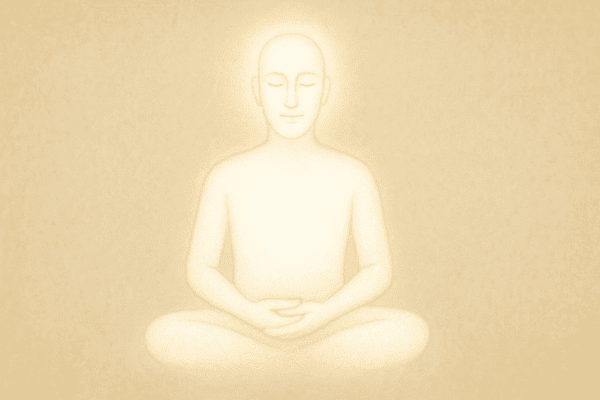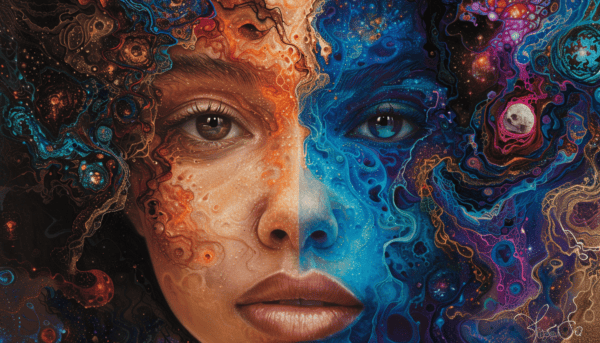In recent days, I’ve been reflecting a lot on our need to mature and the childish ways in which we often perceive life.
The familiar, immediate layer of our childishness manifests in attitudes like: “I deserve this”, “Everyone else is to blame for my troubles”, “I’ve always done the right thing”, “I don’t understand why this is happening to me”, and “Why do I deserve this?”.
This kind of childishness drives us to argue with ourselves and others, to place blame on ourselves and others. It fuels victimhood, feelings of deprivation, regret, and even perfectionism and overachievement. It leads to competitiveness, conflicts, and wars.
Maturity in this context involves understanding that life doesn’t operate on the basis of what we “deserve” or “don’t deserve”. There are various reasons why things happen. Often, contrary to our childish perception, we do have an impact on what happens; sometimes we are the cause of certain outcomes, and in most cases, we can (and often do) change them.
Maturity here means adopting a broader perspective of reality and its complexities. It’s no longer just about “me”, but about “us”. From this mature standpoint, we can find ways to collaborate instead of fighting and blaming. Maturity sharpens our ability to invest in the right things, allowing us to live calmer, more peaceful lives where success is rooted in the precise allocation of resources.
The less familiar, hidden layer of our childishness manifests in a simplistic view of reality. It’s a rigid, black – and – white perception of life, where we and the people around us are placed into fixed templates. For example, “I am either good or bad”, “I either love people or fear them”, “I am either compassionate or hateful”, or “Life is either good or bad”.
This hidden childishness drives us to seek formulas and clear – cut paths. It forms the foundation that draws people to self – help books, cult leaders, and entities that claim to know what will happen and what we should do. Any authoritative figure or source of knowledge (even self – proclaimed) that speaks in absolute terms about reality provides a sense of security, reinforcing our childish perception of life. Conversely, this same childishness drives us to perceive ourselves as the sole source of knowledge, wisdom, and the ability to help ourselves. Phrases like “There are no more gurus”, “All the answers are within me”, and “I can only rely on myself” are expressions of this mindset.
Maturity in this context involves the ability to grasp life’s complexity, to embrace contradictions and live peacefully with them. We are both “good” and “bad”, and maturity brings the understanding that, in reality, there is no true “bad” (aside from genuine malevolence, which is rare among most people).
Maturity brings the realization that there is no single rule by which to live and no singular truth that governs life. Different situations may require different responses, and it’s impossible to know in advance how to react in every instance. Whether it’s deciding on something as simple as going on vacation or addressing a complex issue like choosing how to treat a health problem, a mature perspective suggests consulting others (because we don’t see all aspects of reality), exercising judgment, and choosing what is right for us in the moment. This understanding comes from the recognition that there is no one truth that applies to everyone or every situation.
Maturity is something that sometimes develops in people due to life circumstances and challenges, but this isn’t necessarily the kind of maturity we’re striving for. The common form of maturity is often mixed with disappointment, cynicism, and “realism”. In the conventional view, a mature person doesn’t believe in entities, fairies, miracles, or hidden worlds. This isn’t healthy maturity – it’s wounded childishness that makes people hardened and closed off.
Healthy maturity is rooted in maintaining a connection with the childlike part of ourselves, the part that knows there is more to life than what our five senses reveal, while simultaneously engaging the adult part of ourselves that uses the tools at our disposal to make decisions and navigate life in the best way possible. Maturity is born of collaboration, making people open and soft.
Spirituality can help us mature, or it can reinforce our childishness without us even realizing how childlike we are.
Are you certain there’s only one truth?
Are you convinced no one can help you?
Are you sure you have all the answers?
Are you convinced you know who’s to blame for your situation?
Are you certain you’ve found the light and everyone must follow you?
Are you sure you’ve found the person who will tell you what to do and how to live?
If so, it’s time to grow up.



